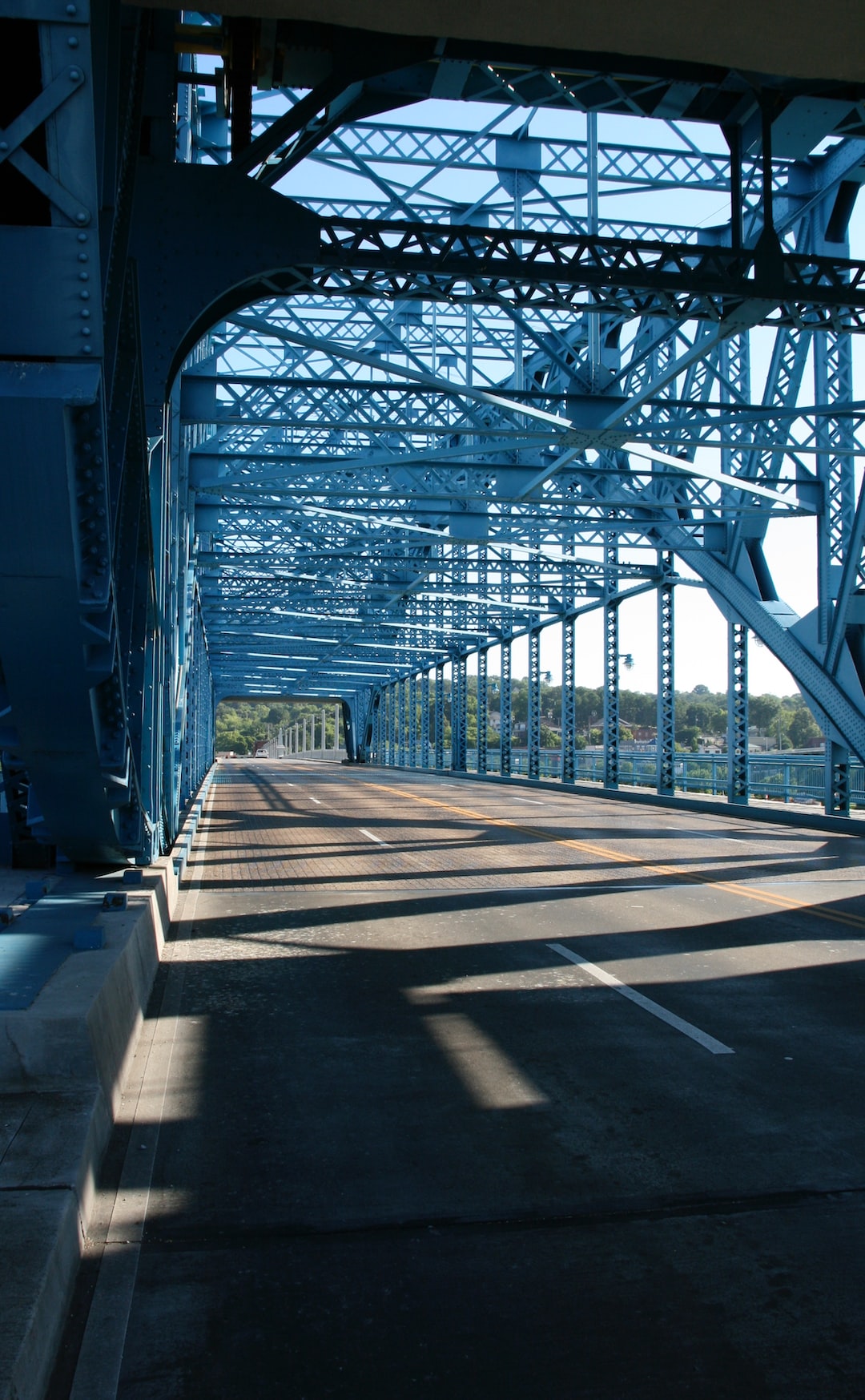Water Resource Engineering: Balancing Demand and Conservation
Water is a precious resource that is essential for all forms of life on Earth. It plays a crucial role in sustaining ecosystems, supporting agriculture, and meeting human needs. However, as the global population continues to grow, the demand for water is increasing at an alarming rate. This poses a significant challenge for water resource engineers who are tasked with managing this vital resource and ensuring its availability for future generations.
Water resource engineering is a multidisciplinary field that involves the planning, design, and management of water systems. It encompasses various aspects such as the extraction, treatment, distribution, and disposal of water. The key objective of water resource engineering is to balance the demand for water with conservation efforts to ensure its sustainable use.
One of the primary challenges faced by water resource engineers is the increasing demand for water. Rapid population growth, urbanization, and industrialization are putting tremendous pressure on existing water supplies. As a result, engineers need to come up with innovative solutions to meet this growing demand.
One approach that water resource engineers employ is the development of new water sources. This can involve exploring groundwater reserves, constructing reservoirs, or implementing desalination projects. Groundwater is a significant source of water for many regions, but its unsustainable extraction can lead to depletion and land subsidence. Engineers must carefully evaluate the potential impacts of tapping into these reserves and implement measures to ensure their long-term sustainability.
Reservoirs serve as storage facilities for water, allowing for its availability during periods of high demand or drought. However, constructing a reservoir can have significant environmental and social impacts. Engineers must carefully consider the ecological consequences and assess the potential displacement of communities before implementing such projects. Additionally, reservoirs can lead to increased evaporation, which further reduces the availability of water resources. Advanced engineering techniques, such as the use of floating covers and water conservation measures in surrounding areas, can minimize these losses.
Desalination is another promising technology that can provide a new, reliable source of freshwater. It involves the removal of salt and other impurities from seawater or brackish water, thus making it suitable for various uses. However, desalination is an energy-intensive process and can have adverse environmental impacts if not properly managed. Water resource engineers need to focus on developing sustainable desalination technologies and implementing effective disposal methods for the concentrated brine that is produced.
In addition to developing new water sources, water resource engineers also emphasize water conservation. This involves reducing water losses during distribution, promoting efficient use, and implementing recycling and reclamation programs. Leakage in water distribution systems is a significant issue globally, accounting for substantial water losses. Through the use of innovative technologies and improved infrastructure management, engineers can minimize these losses and ensure a more efficient delivery of water to consumers.
Efficient water use is crucial, particularly in areas prone to drought or water scarcity. Water resource engineers work on promoting water-saving practices, such as the use of efficient appliances, smart irrigation systems, and water-efficient landscaping. The implementation of water reuse and recycling programs is also gaining traction, particularly in regions where freshwater resources are limited. These programs treat wastewater to a high standard, making it suitable for non-potable uses, such as irrigation or industrial processes.
Moreover, water resource engineers also focus on improving water management through better data collection and monitoring systems. This allows for a more accurate assessment of water availability, consumption patterns, and the impact of various interventions. Advanced modeling techniques help in predicting future water demand and identifying areas where interventions are required. This data-driven approach enables engineers to make informed decisions and optimize water management strategies.
In conclusion, water resource engineering plays a vital role in balancing the demand for water with conservation efforts. With the increasing pressure on water supplies due to population growth and industrial activities, engineers must develop innovative solutions to meet this demand sustainably. Through the development of new water sources, promoting water conservation, and improving water management practices, water resource engineers can ensure the availability of this valuable resource for current and future generations. By striking a balance between demand and conservation, they are contributing to a more sustainable and water-secure world.

